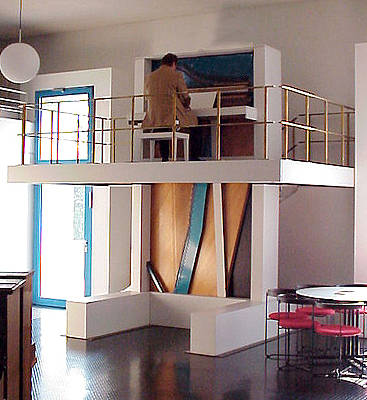Looking by the picture in each video, I supose the small dog prefers pianoteq, as he is looking a bit happier to the camera, while in the Ivory video he is looking to the floor (car seat)
Háa háaa.... :-)
Ok, seriously speaking, pianoteq today it's quite closer in tone to real pianos than 2 or 3 years ago, and this video cleary prove that.
I supose if you had named the pianoteq D4 as a Hi end sampler or real recording, and did the comparison using D4 and a pianoteq V2 version, sending the comparing back in time some years, many people would say that the "sampler" sounded natural as a real piano and V2 should one day reach this natural sound.
Pianoteq bluthner add-on have evan some more natural tone than D-4. What about a third video using bluthner add-on for compare ???
Maybe Modartt folks could choose what they prefer as the best adjustments for voicing, mics, reverb etc... , to try to fit the recordins of the sampler.
The Steinway sampler have some natural metalic "noises" (nice metal "sound flicks"), but some peole may like it and some people may judge it as a small defect. A matter of taste so and not necessarilly a supreme statment for superiority or inferiority.
Pianoteq also have the ability to create some few dislike for sampled piano's limitations, similar to what happens to pianists used to always play in real grand pianos, as it make our ears get attention the rich complex ressonances involved in a piano..
Was this Ivory I or Ivory II ???
Ivory II have some string ressonance and general sympathetic ressonance, but I heard it was not very well recreated.
Last edited by Beto-Music (24-02-2013 00:18)



